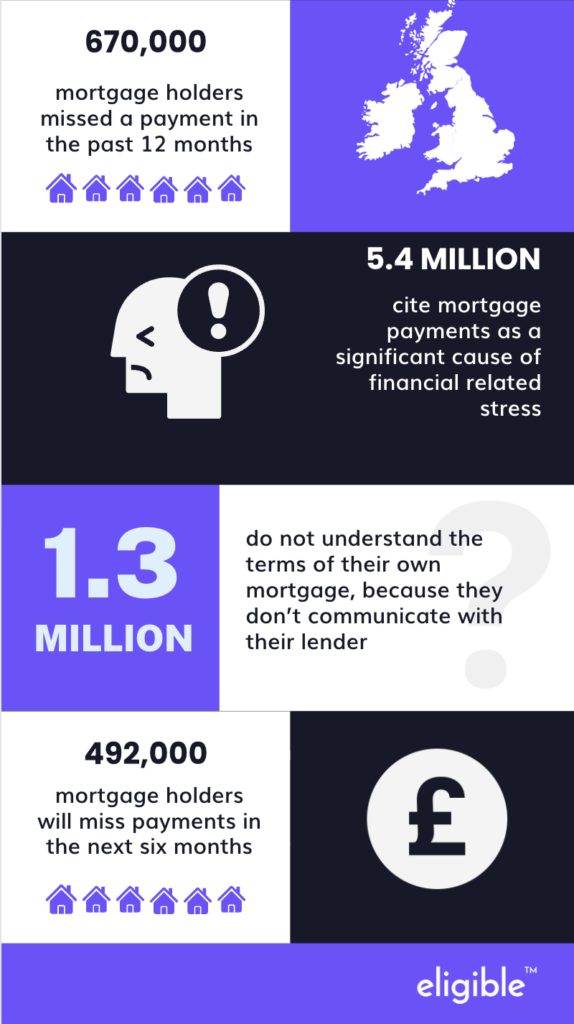Last week, the nation’s favourite financial expert and advocate, Martin Lewis, accused the UK government of undermining his campaign to add finance to the school curriculum. In 2014, Lewis’s team was successful in their fight, and yet ten years later, there’s still little to show for it. The pulling of important resources and a shake-up in the way schools were structured became the main barriers.
“Frankly, the amount of resources the state and government has put in since then has been completely flaccid, and at a detrimental level. So, while I can’t say that I regret we won the campaign at the time, I’m not sure it really changed the game in any way because the rules were changed afterwards about what being on the national curriculum means, and I still think there is a real poverty of financial education in the UK.”
Martin Lewis
It’s not difficult to see why he’s frustrated. People are continually disadvantaged in adulthood due to a lack of financial savvy. Homeowners, in particular, are struggling with their own knowledge deficit.
Research from Eligible
Research recently commissioned by Eligible has highlighted the stark reality: a lack of financial education is a barrier to good outcomes. With the advent of Consumer Duty, it’s also one that financial institutions can no longer ignore. Martin Lewis will continue campaigning for the UK’s children – but it’s up to the financial services industry to make sure the adults are educated properly.
In the past 12 months, 670,000 homeowners have missed mortgage payments, and 5.4 million say that repayments are their most significant cause of financial-related stress and anxiety. If this were solely due to the cost-of-living squeeze, we could jump on the Prime Minister’s bandwagon and urge people to “hold their nerve”, but the reality is much more complex.
It turns out that 1.3 million people do not understand the terms of their mortgage—and they don’t understand because, as a rule, they don’t communicate with their banks.

With 487,000 mortgage holders about to default without the support of their lenders to restructure, there’s no longer any excuse for lazy, static customer journeys. If a lack of financial education is the major barrier to better outcomes, we need to fix it quickly.
The How of Financial Education
Our research has highlighted two separate problems for financial institutions to consider. The first is communication, and let’s be honest about it: trust. Consumers still do not trust that frank and honest conversations with their institutions will yield anything other than a worsening of their situation. So, they turn to sources online for advice and support. The second problem is the education itself: how do you educate a disengaged customer base? Glad you asked…
First, financial institutions must build trust, and this can only be done through honest, consistent, and personalised communication. They must also reflect customer expectations, which, in 2024, means providing a responsive, multi-channel digital experience. Online banking has taught people that finances can be managed with a fingerprint, so why are financial institutions still insisting on paper letters, phone calls, and branch visits for mortgage servicing? These are additional and unnecessary barriers to important information, which do nothing to improve trust or loyalty among the customer base.
Customer communication should be...
- Digital
- Responsive
- Relevant
- Personalised
- Consistent
- Convenient
- Multi-channel
Only once these elements of customer communication have been achieved can we begin to think about how to deliver education.
People are more likely to engage with content that is relevant to their own financial circumstances. With this in mind, communication must be customer-led. Offering content and monitoring how a customer responds will give the necessary insight to deliver the next layer of financial education. By analysing behaviour, we can start to get a sense of a particular customer’s learning style and how to tailor the information they need. We can add in points to verify or confirm understanding, providing additional resources or visualisations if necessary. With the introduction of Consumer Duty, it’s not enough to have sent the information to the customer – there are now several other considerations: what is this person’s level of financial literacy? How do they learn best? What content should take priority, and what do they engage with most? Finally, educational content should always provide a quick and seamless way of connecting to an expert. Here’s out checklist for customer education:
With increased regulation, compliance is the most pressing issue for UK financial institutions this year. To keep up, innovation and technology must be deployed in new ways, first and foremost, getting to know customers on a more personal level. By building trust and fostering loyalty between customers and financial institutions, we can begin to have meaningful conversations and accelerate financial literacy for today’s UK homeowners.
Eligible is the UK’s first consumer-focused mortgage servicing platform. Our solution leverages AI to educate and empower consumers to achieve good outcomes. We work with financial institutions of all sizes to meet the obligations of Consumer Duty and the Mortgage Charter, providing dynamic and personalised journeys for every customer.
To learn more about how Eligible can help you meet your consumer’s expectations in 2024, get in touch using the form below.


